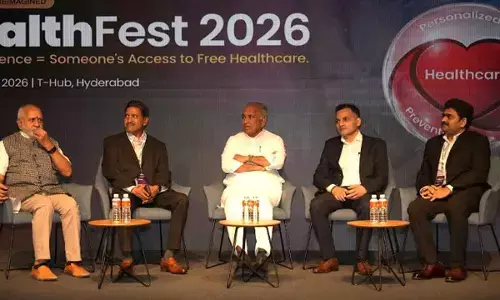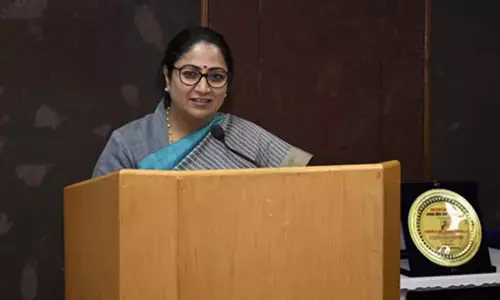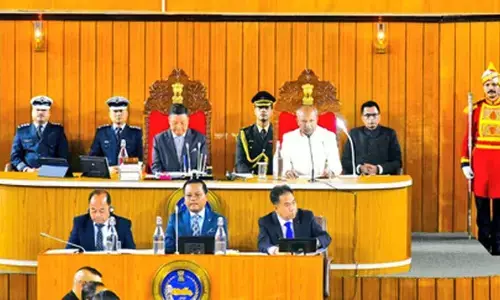Civil Services Spectrum : Using India Year Book

Let us see how to best use the Year Book 2013 to crack UPSC examinations.
The India 2013 (also known as India Year Book) is made up of
- Overview of topics (like cement industry, Animal husbandry etc.)
- Organisations: structure function (like Competition Commission of India, NABARD etc.)
- Policies, laws Schemes, projects, missions. (like MNREGA, PMGSY, NRLM etc.)
- Some facts, GK (mostly chapter 1, 2, 3, 30, 32).
- Truckload of dates, numbers and tables (most of them useless from exam point of view).
Anyways, India Year Book has specific utility in each stage of UPSC civil service exam.
Utility in Prelims (CSAT)
UPSC often asks MCQs based on
- Functions/ Jurisdiction of organisations: "which of the following ministry / organisation looks after xyz matter?" and options given.
- Salient features of schemes: "Which of the following are correct statements regarding XYZ schemes". Then you're given 2,3 or 4 statements and you've to identify the correct or incorrect statements.
- MCQ based on some absolute fact/GK given in yearbook.
1. The schemes/terms with catchy names/short-forms = important for MCQ (prelims)/2markers (in mains). (eg SABLA, UJJWALA etc.) so better just maintain a note/MS excel file of it for quick revisions for prelims.
Utility in interview
- Chapter 30 of yearbook provides you information about your home state and neighbouring states = important for profile based questions.
- The "organisation –functions- jurisdiction" angle very important. Because if Board-member asks you "What should be done to improve electricity output for industries?" and you say "Power ministry should do xyz thing." But actually that xyz matter falls under jurisdiction of coal ministry / environment ministry = you're ruining your impression.
- The "Schemes" angle. If Board-member asks you "what should be done for Development of North Eastern states?" and you say "xyz thing should be done". But that xyz thing is already being done under some scheme for last 10 years. Now Board-member thinks that You're not aware of the realities. Your knowledge/understanding/reading is shallow.
So overall, yearbook helps you in above areas. But at the same time it has its own limitations.
Limitations of Year Book
- For private companies, success = how much money made. Similarly for government, success = how much money spent. So whenever yearbook talks about a particular scheme, they give you a paragraph/table full of "xyz crores rupees were allotted during 2012-13" and so on….
- Such data is hardly useful for exam. And because of such useless data, book is very bulky.
- The Year Book is written by the government. They want to paint a rosy picture. So, Yearbook won't generally tell you problems / limitations / shortcomings associated with any scheme/organisation.
- That's why you've to follow newspaper columns on regular basis and maintain a dairy collecting the fodder points. (which you can cite during mains/essay/interview, when questions about "analyse, evaluate, suggest reforms" etc are asked.)
- Coverage is not "exhaustive" for every topic. You'll still need to dig internet/ old newspaper articles to gather more points. (e.g. SEZ, or petro pricing etc.)
(Special arrangement with http://itcsa.blogspot.in/)
Next Story











